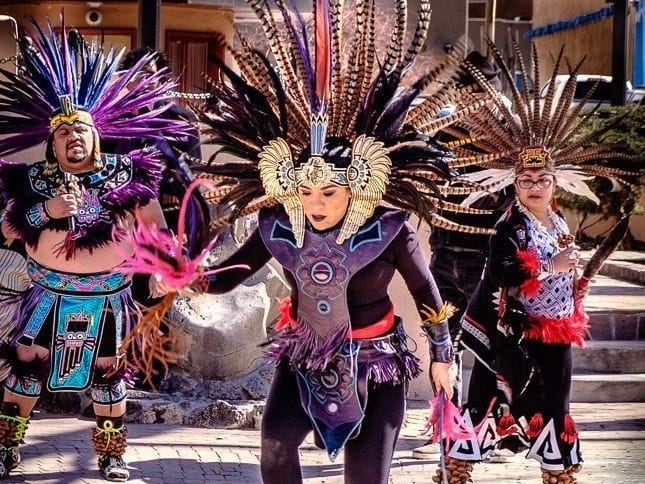WASHINGTON (AN) — Indigenous communities have long suffered through and coped with the uncertainties of a changing climate, and now, with the Earth warming at an alarming rate, a new report calls on using their knowledge to help guide climate policy.
In native and local cultures, the survival and identities of farmers, hunters and fishers are intimately connected to shifts in rains and winds, wildfire and drought. Their experiences come into focus on Monday in the United States with Indigenous Peoples’ Day, a holiday honoring Native peoples, their culture and resilience, and the legacy and impact of colonialism on Indigenous communities.









